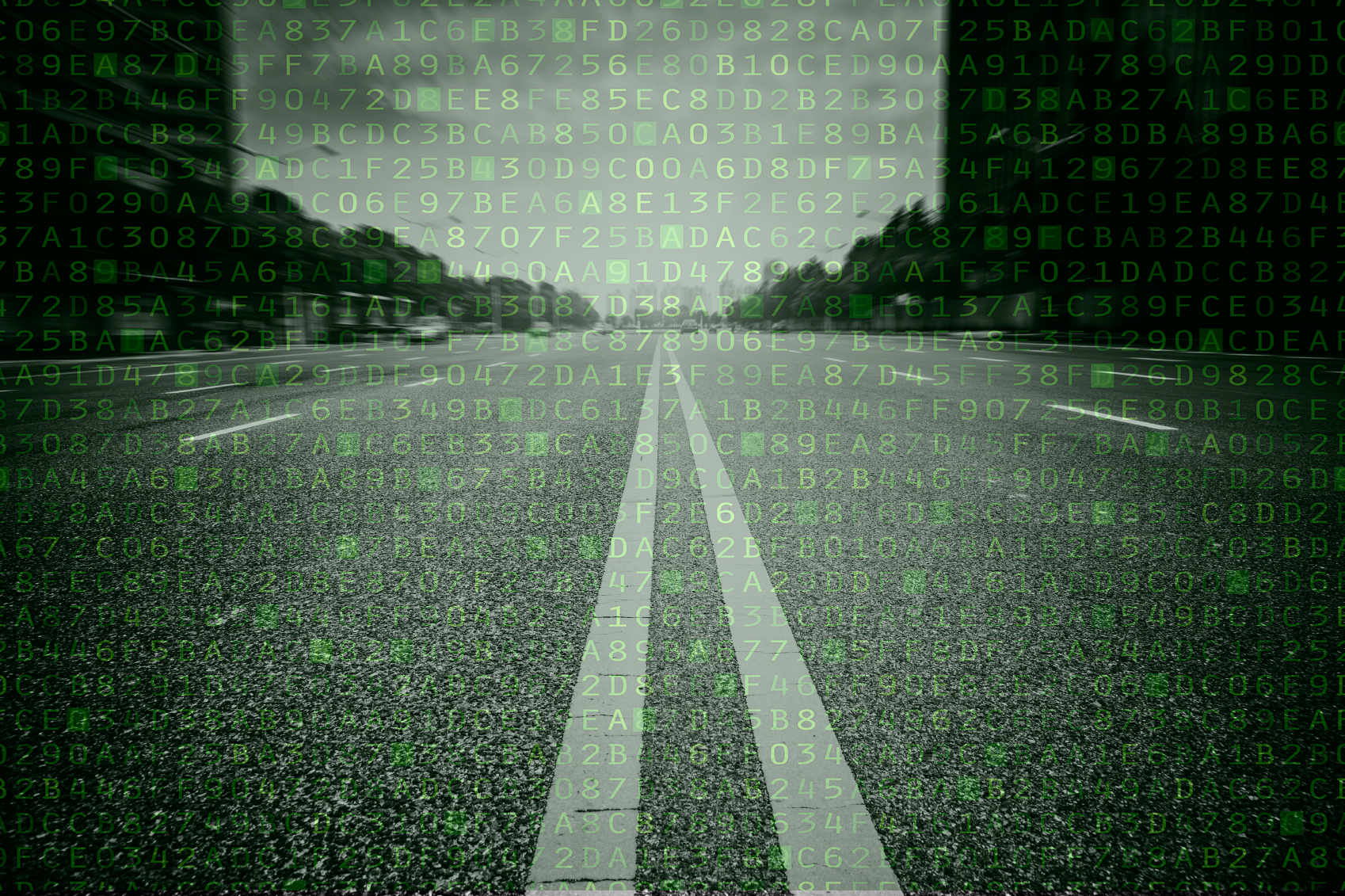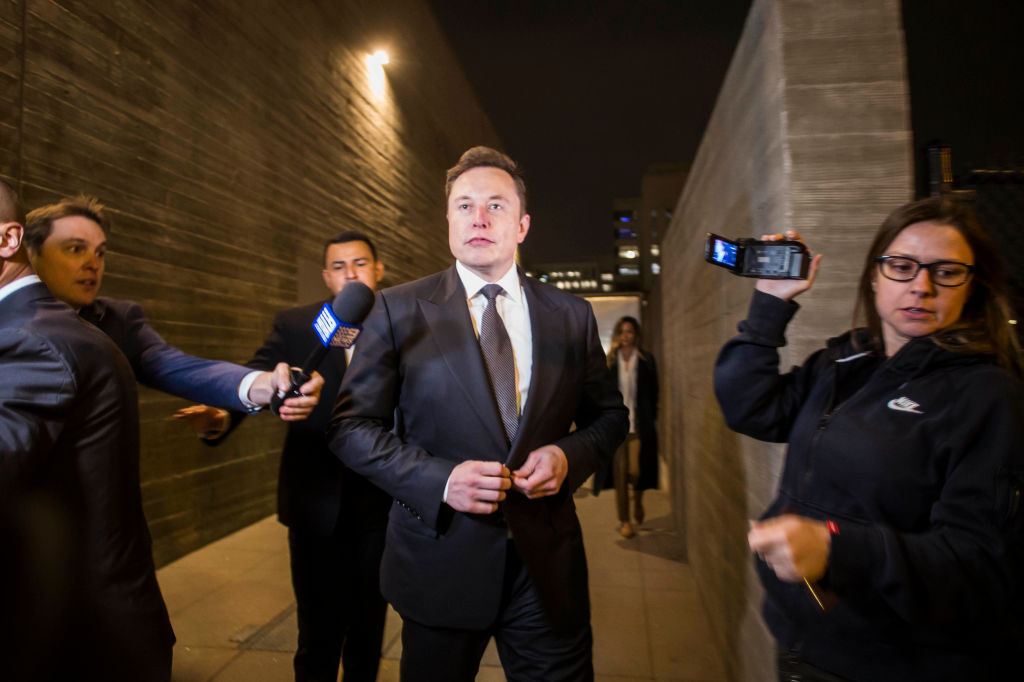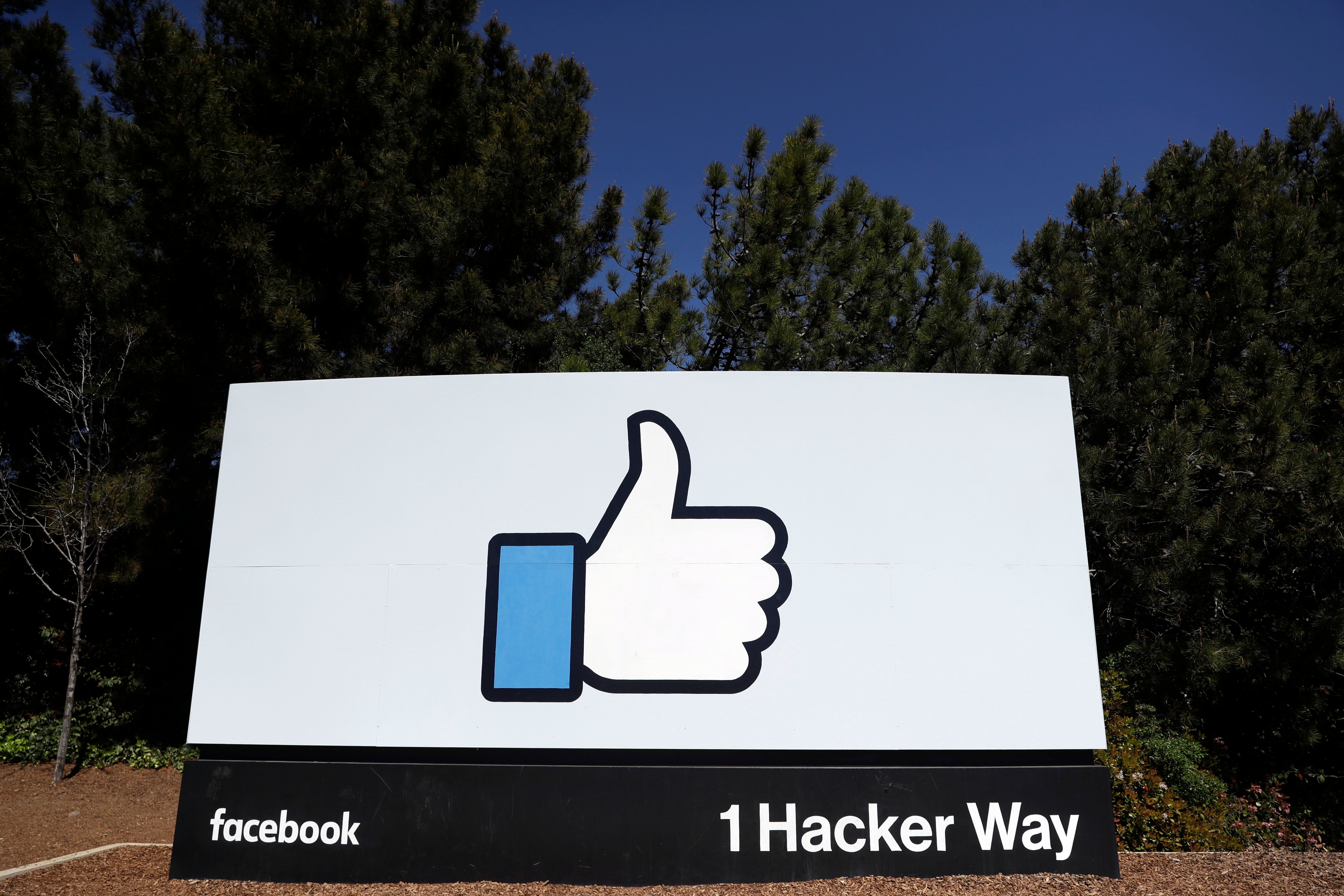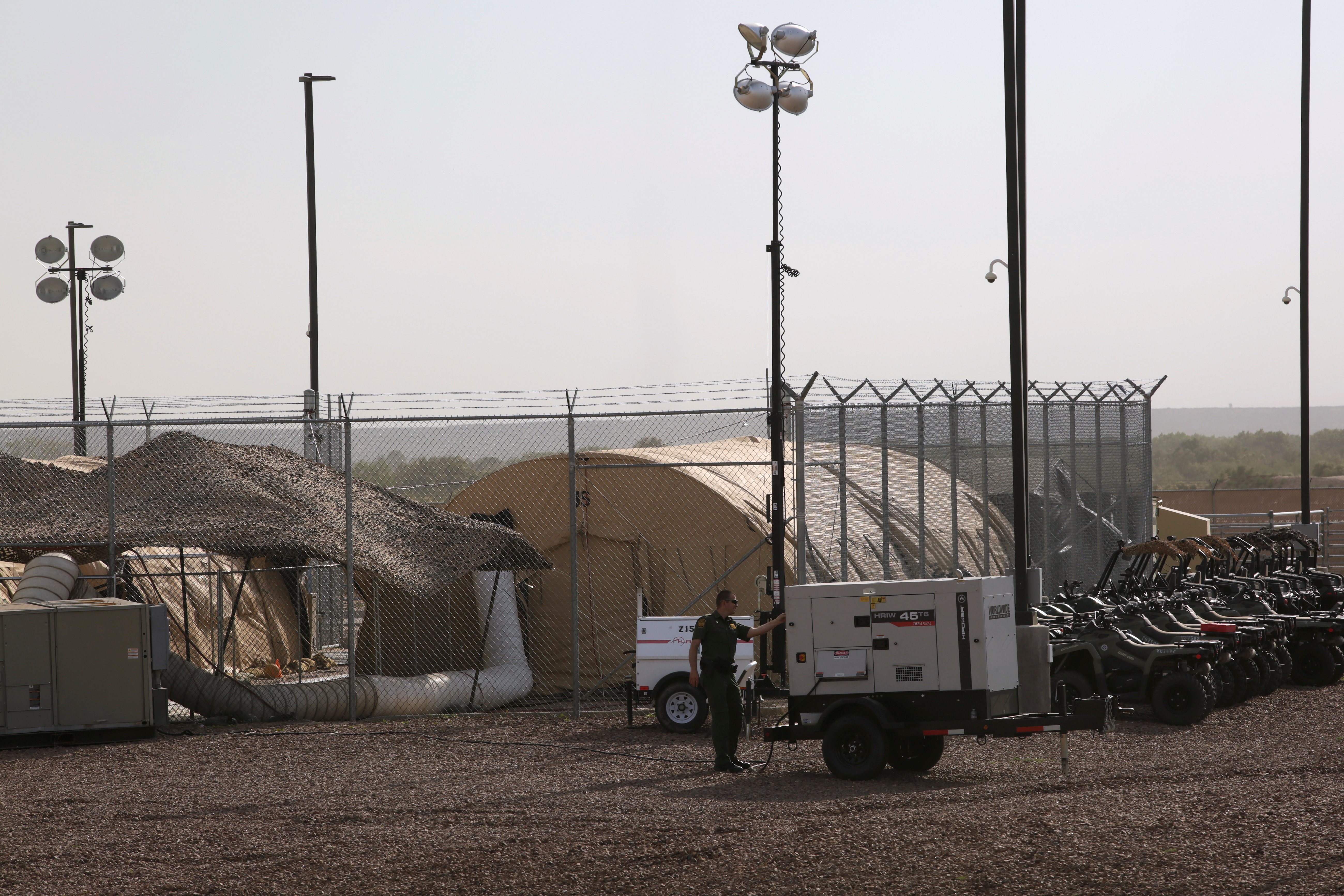The frightening truth about the future of driverless cars
For self-driving cars to be safe, they have to communicate. And that makes them vulnerable to hackers.


You've surely heard that self-driving cars are the next science fiction technology to become reality. You might have even read some pros and cons about our driverless future. That might fool you into thinking that as a society we're going to exercise some kind of choice. Perhaps we'll decide they're too dangerous or too impractical and we won't bother going ahead with trading in our Camrys and Camaros for Google Blobs, or whatever the robot car will be, right? Or maybe it'll just be a niche market, where some technophiles will use them, but most of us will keep our hands on the wheel.
Sorry, but no.
This technology is coming whether any of us likes it or not. As with so many technological advances, once we can do it, we will do it. The only question is how long it takes for the technological systems to advance to the point where it's possible to have most or all the cars on the road drive themselves. But we'd better hope that between now and then, we're able to come up with cybersecurity measures and regulatory schemes that can handle an autonomous system.
The Week
Escape your echo chamber. Get the facts behind the news, plus analysis from multiple perspectives.

Sign up for The Week's Free Newsletters
From our morning news briefing to a weekly Good News Newsletter, get the best of The Week delivered directly to your inbox.
From our morning news briefing to a weekly Good News Newsletter, get the best of The Week delivered directly to your inbox.
The benefits of self-driving cars are varied and potentially enormous. They'd virtually eliminate traffic jams, because they don't rubberneck and they can safely drive much closer together, which would save us billions of gallons of fuel and billions of hours of wasted time. They'd allow mobility for disabled and elderly people who are currently limited by their inability to drive. We could free up all the untold square miles we currently devote to plunking our cars when they're not in use, which is most of the time. And most of all, self-driving cars would save lives — around 30,000 Americans are killed on the roads every year, and the vast majority of those deaths are the result of human error.
But for a system of self-driving cars to be truly safe, they have to communicate — with each other and with the environment around them. And that means they're vulnerable.
In fact, you may not realize it, but if you've bought a car in the last few years, what you're driving in today may already be vulnerable. On Tuesday, Wired magazine published a frightening article detailing how journalist Andy Greenberg allowed a pair of hackers to take control of the Jeep Cherokee he was driving on the highway, first messing with his air conditioning and radio and eventually cutting out his transmission — and they did it sitting on a couch miles away, using an ordinary internet connection. It was possible because the Jeep, like so many cars today, is connected to the web via a system created by Chrysler; many other automakers have similar systems. As Greenberg notes, when Senator Ed Markey (D-Mass.) recently asked manufacturers to give him information about the security of their cars' systems, "Of the 16 automakers who responded, all confirmed that virtually every vehicle they sell has some sort of wireless connection, including Bluetooth, Wi-Fi, cellular service, and radios."
That wireless connection is what could potentially allow access to the dozens of computing systems inside your car, the ones that control everything from the steering to the brakes to the lights and a bunch of other things you've never thought of. And before long, everyone is going to expect that any new car they buy will have an entertainment system that includes internet access, just as now we expect that even budget models have power windows. Today's luxury is tomorrow's necessity.
A free daily email with the biggest news stories of the day – and the best features from TheWeek.com
That creates enough of a security problem, but what about a fleet of robot cars? In order to take full advantage of their potential, they'd have to be constantly sending and receiving wireless signals. And at least in theory, a car that is fully automated and fully connected can be taken over by someone other than the person sitting in it. In fact, we'd probably want that capability. Imagine that you're sitting in the back of a self-driving car on your way to work when you get chest pains and pass out. Wouldn't it be helpful if the car could tell that you've lost consciousness, send an alert to the 9-1-1 system, and then receive an instruction to deviate from its previous route to take you to the hospital?
Spend a few minutes thinking about it, and you can quickly come up with a hundred terrifically convenient uses for a connected information system on wheels, and just as many sinister ones. But the important thing to understand is that it's coming. Every auto manufacturer is installing more autonomous systems into their cars every year — it started with anti-lock brakes (which, after all, is a way for the car to override your problematic tendency to slam on the brakes), has now progressed to things like adaptive cruise control (which keeps you a safe distance from cars around you), and will over time take more and more parts of the driving experience out of your hands.
That's a good thing, because people are so terrible at driving. Elon Musk of Tesla Motors has suggested that eventually human-driven cars could be banned. "It's too dangerous," he said. "You can't have a person driving a two-ton death machine." But the transition to a self-driving fleet won't be abrupt, it will be gradual. By the time you finally give up your car and join up with an autonomous ride service — it'll be like Uber, or maybe Uber itself — it won't be as much of a shock as it seems from today's standpoint, because your own car will already have been doing much of the driving for you.
This will take a little while, but it will probably happen in your lifetime — predictions on the transition to a mostly or fully autonomous fleet range from around 10 to 30 years. We're on the cusp of what could be the most significant transformation in the system of automotive transportation since cars came into common use in the first half of the 20th century. I'd like to be optimistic and say that we can make autonomous cars completely secure from hacking. Let's hope so, because eventually we'll all be riding in them.
Paul Waldman is a senior writer with The American Prospect magazine and a blogger for The Washington Post. His writing has appeared in dozens of newspapers, magazines, and web sites, and he is the author or co-author of four books on media and politics.
-
 31 political cartoons for January 2026
31 political cartoons for January 2026Cartoons Editorial cartoonists take on Donald Trump, ICE, the World Economic Forum in Davos, Greenland and more
-
 Political cartoons for January 31
Political cartoons for January 31Cartoons Saturday's political cartoons include congressional spin, Obamacare subsidies, and more
-
 Syria’s Kurds: abandoned by their US ally
Syria’s Kurds: abandoned by their US allyTalking Point Ahmed al-Sharaa’s lightning offensive against Syrian Kurdistan belies his promise to respect the country’s ethnic minorities
-
 Retired police captain's shooting death broadcast on Facebook Live
Retired police captain's shooting death broadcast on Facebook LiveSpeed Read
-
 Elon Musk argues his 'pedo guy' insult wasn't literal because 'if you add guy to something, it's less serious'
Elon Musk argues his 'pedo guy' insult wasn't literal because 'if you add guy to something, it's less serious'Speed Read
-
 Trump campaign regularly posted ads on Facebook using the word 'invasion'
Trump campaign regularly posted ads on Facebook using the word 'invasion'Speed Read
-
 Border Patrol chief condemns 'completely inappropriate' private Facebook group for agents
Border Patrol chief condemns 'completely inappropriate' private Facebook group for agentsSpeed Read
-
 Facebook evacuates offices after poison possibly detected at mailing facility
Facebook evacuates offices after poison possibly detected at mailing facilitySpeed Read
-
 Border Patrol agents reportedly mock migrant deaths in private Facebook group
Border Patrol agents reportedly mock migrant deaths in private Facebook groupSpeed Read
-
College student uses Snapchat gender swap filter to nab alleged predator cop
Speed Read
-
Elon Musk will head to trial for calling a cave diver a pedophile
Speed Read
